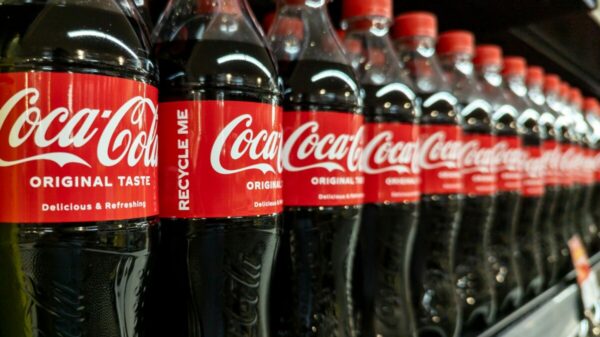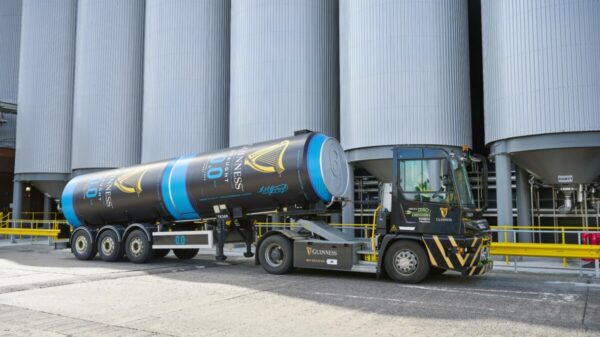Resource management firm Veolia is conducting a world-first trial using enzymes to speed up the process of removing carbon dioxide from the climate with enhanced rock weathering.
The waste, water and energy management service provider is partnering with FabricNano, a biotech startup, to carry out the trial which combines both biology and geology.
The goal of the trial is to reduce the energy consumption, emissions and timescales involved in the process of natural rock weathering for carbon sequestration, as the companies look to bring new carbon removal techniques to the fore.
Enhanced rock weathering (ERW) is a process that helps to address climate change by removing carbon dioxide from the atmosphere and permanently storing it in rocks.
The Committee on Climate Change estimates that, by 2050, somewhere between 75 to 175 million tonnes of carbon dioxide equivalent will need to be removed in order to reach UK net zero.
Subscribe to Sustainability Beat for free
Sign up here to get the latest sustainability news sent straight to your inbox everyday
The trial utilises large particle basalt rock fines and FabricNano’s patented enzyme technology, with the goal of speeding up the removal and storage of carbon dioxide from the atmosphere.
Veolia UK head of corporate development Marine Avisse said: “Wide scale adoption of viable, permanent and effective decarbonisation solutions is essential if we are to achieve net zero targets but we need to deploy these faster.
“This innovation, combining world leading biotechnology and established carbon removal practices, represents a huge step forward in ecological solutions.
“Not only will this trial see enzymes accelerate the rate of enhanced weathering, it will also provide us with the data we need to replicate this across more applications so industries can tangibly meet their fast-approaching decarbonisation goals.”
Grant Aarons, CEO, founder, FabricNano, said: “Enhanced rock weathering with enzymes is a globally viable option for reaching net zero by 2050.
“Learning from nature, we repurpose the enzyme Carbonic Anhydrase, which naturally acts to lock carbon within the ground and which is found in plentiful supply in agricultural soils around the world.
“FabricNano applies an extra layer of this enzyme to the top-dressing of cropland where it helps to drive even more storage of carbon by weathering basalt rock fines.”
Earlier this year, it was revealed Veolia waste collection trucks were set to power UK homes by transferring stored energy from their batteries back into the national grid.















